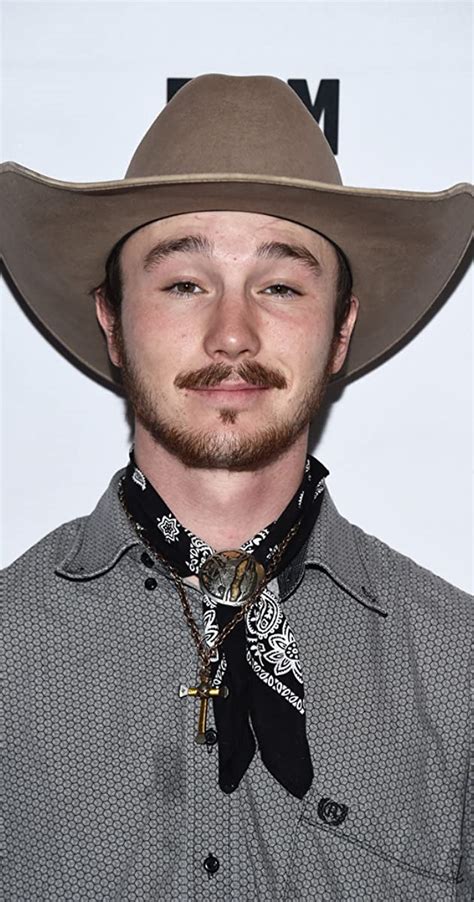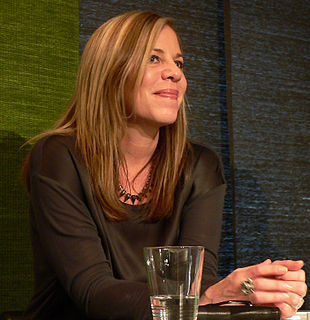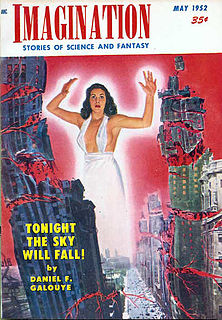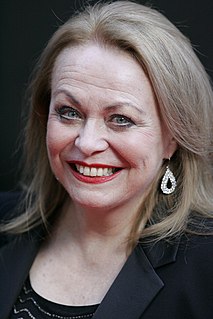A Quote by Brady Jandreau
Horsemanship and the cowboy lifestyle and my culture as a Native American are all three things that are very, very important to me.
Related Quotes
Miami, which has already aired, has this wonderful blend of Caribbean culture and Latin American culture and Southern American culture (talking about fried chicken). All those combine to make for a very very interesting array of ingredients, restaurants, and the chefs that come there. It also has great seafood, not to mention the glorious citrus that's there. And all those things inform what you do - and they should.
We need to deal with three things that are important: first, we need a very deep reconsideration of how we are dealing with the economy. Second, there must be a very deep reconsideration of our way of life. We cannot simply adopt American-style consumer culture. To Islamize that is to de-Islamize Islam.Thirdly, it is important for us to understand the economy and the environment are common challenges for everyone. This is where the singularity of Islamic principles needs to join the universal values that we share with others.
You see the one thing I've always maintained is that I'm an American Indian. I'm not a Native American. I'm not politically correct. Everyone who's born in the Western Hemisphere is a Native American. We are all Native Americans. And if you notice, I put American before my ethnicity. I'm not a hyphenated African-American or Irish-American or Jewish-American or Mexican-American.
We also have a piece about the Mayflower, but it's just a very different, very gritty, very character-driven version of why those people were on that boat and what the experience was like for them, emotionally, physically and spiritually, and also the Native Americans and what the state of Native American society was at that time.
There's no doubt that when it comes to our treatment of Native Americans as well as other persons of color in this country, we've got some very sad and difficult things to account for. I personally would want to see our tragic history, or the tragic elements of our history, acknowledged. I consistently believe that when it comes to whether it's Native Americans or African-American issues or reparations, the most important thing for the U.S. government to do is not just offer words, but offer deeds.
I am honored to have Ajamu Baraka as a running mate. I think he brings enormous credibility in the disenfranchised communities, not just African American but Latino, Asian American and Native American. He is a recognized advocate for racial justice, economic justice and human rights, and I think this conversation is only just begun. It is very important.
Quakers are known for wanting to give back. Ban the bomb and the civil rights movement and the native American struggle for justice - those things were very, very front-burner in my childhood, as were the ideas of working for peace and if you have more than you need, then you share it with people who don't.




































